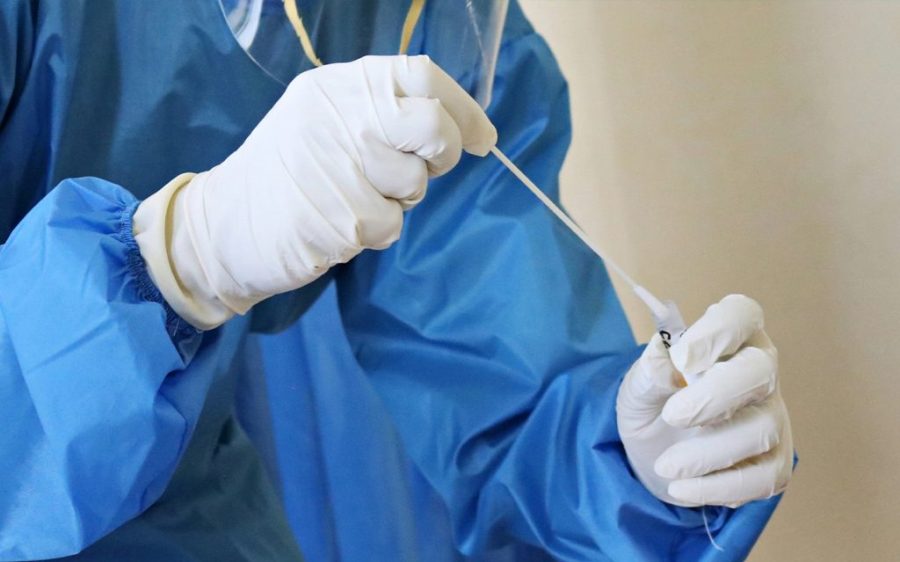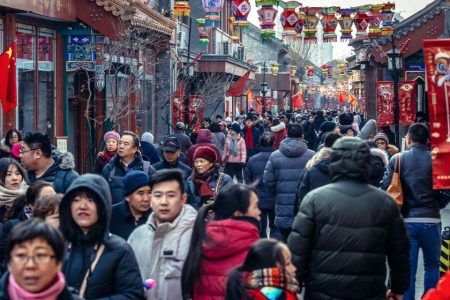The director of China’s National Medical Centre for Infectious Diseases is now studying climate change’s impact on the mutation and spread of pathogens with the aim of predicting and preparing for the world’s next major pandemic.
Zhang Wenhong, who became a household name in China during the Covid-19 pandemic, told the South China Morning Post that the “reservoir of bacteria and viruses is expanding as the Earth warms.”
He used mosquito-borne dengue fever as an example, noting that the viral infection was spreading north from China’s more tropical areas and into the Yangtze River Basin as the mosquito habitats grew.
[See more: A top health researcher says Covid-19 did not originate in a Wuhan lab]
Zhang recently embarked on a new project that brings together a wide range of experts in scientific fields and public policy together to pursue research at the University of Hong Kong.
“Infectious disease experts and microbiologists can work with environmental experts and climate experts to conduct in-depth research on climate change and infectious diseases together,” Zhang said.
He added that discussions would be held with international experts in the second half of this year. The physician noted that science “from different angles and levels” was needed when coming up with strategies to manage diseases. “The work we are doing now is actually for the next pandemic,” he said.






